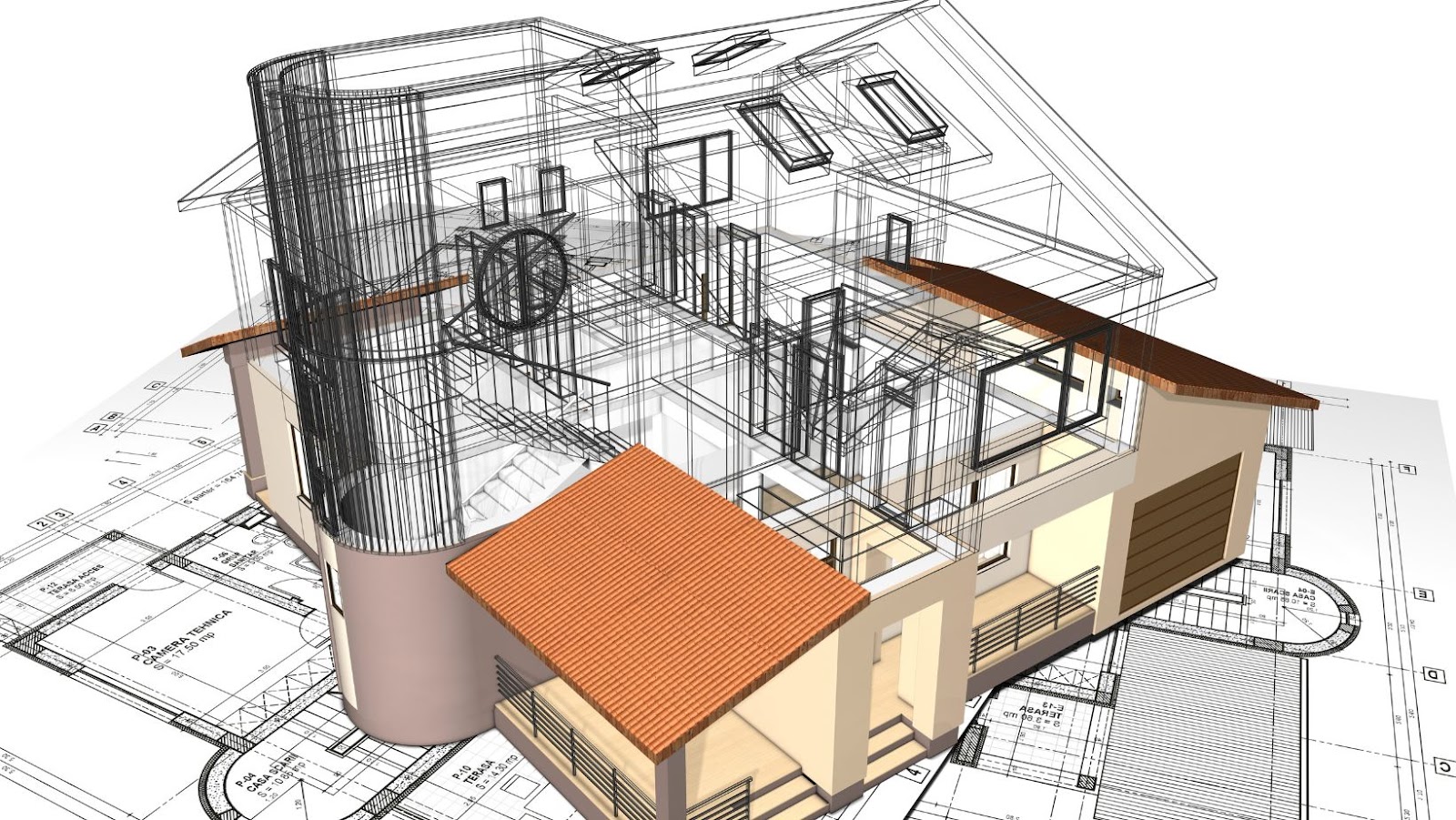Embarking on an architecture internship is not just about gaining experience; it’s a journey that shapes the foundation of a future architect’s career. As I delved into the world of architecture, my internship proved to be a pivotal moment that honed my skills and ignited my passion for design. From drafting blueprints to collaborating with seasoned professionals, every task enriched my understanding of the intricate art of architecture.
During my architecture internship, I immersed myself in real-world projects, learning to balance creativity with functionality. The opportunity to witness buildings come to life, from concept to construction, was both exhilarating and educational. As I navigated through the challenges and triumphs of the internship, I realized that it’s not just about designing structures; it’s about creating spaces that resonate with people’s lives.
Architecture Internship
Gaining Real-World Experience
Strengthening my architectural knowledge through an internship has been invaluable. Immersing myself in real-world projects allowed me to apply theoretical concepts to practical scenarios. Solving design challenges, understanding building codes, and witnessing construction processes firsthand were eye-opening experiences that enriched my learning beyond the classroom.
Networking and Professional Growth
Engaging with industry professionals during my architecture internship shaped my career trajectory significantly. Building relationships with architects, engineers, and clients not only expanded my professional network but also provided insights into different facets of the architecture industry.
 Finding the Right Architecture Internship
Finding the Right Architecture Internship
Researching Firms and Opportunities
When seeking the right architecture internship, I begin by researching firms and exploring various opportunities in the field. I delve into understanding the ethos and projects of different architecture firms to align my interests with their design philosophies. By researching online portfolios, past projects, and client overview, I gain insights into the firm’s design approach and potential for growth.
Preparing Your Application
In preparing my application for an architecture internship, I focus on showcasing my skills, experiences, and passion for design. I tailor my resume and portfolio to highlight relevant projects, technical abilities, and software proficiency. Emphasizing my academic achievements, extracurricular activities, and any previous design internships, I aim to present a comprehensive view of my capabilities to potential employers.
Leveraging Your School’s Resources
To enhance my prospects of securing the right architecture internship, I make the most of my school’s resources and support systems. I connect with career advisors, faculty members, and alumni who can provide guidance on internship opportunities and application strategies. Attending career fairs, workshops, and networking events organized by the school enables me to interact with industry professionals and build connections that may lead to valuable internship prospects.
Maximizing Your Internship Experience
Setting Goals and Expectations
When starting an architecture internship, I set clear goals and expectations to make the most of the experience. By defining what I aimed to achieve, such as learning specific design software, gaining exposure to sustainable architecture practices, or understanding project management methodologies, I was able to focus my efforts and measure my progress throughout the internship.
Seeking Out Mentorship
During my architecture internship, seeking mentorship was crucial for my professional growth. I actively identified senior architects or experienced professionals within the firm who could provide guidance and support. Engaging with a mentor not only helped me navigate the challenges of the industry but also provided valuable insights and feedback on my work, allowing me to improve my skills and knowledge.
Engaging in Diverse Projects
To maximize my internship experience, I made sure to engage in a variety of projects across different sectors of architecture. By working on diverse projects, from residential designs to commercial spaces, I expanded my knowledge and skills in various areas of the field. This exposure not only broadened my understanding of architecture but also enabled me to adapt to different project requirements and design concepts.